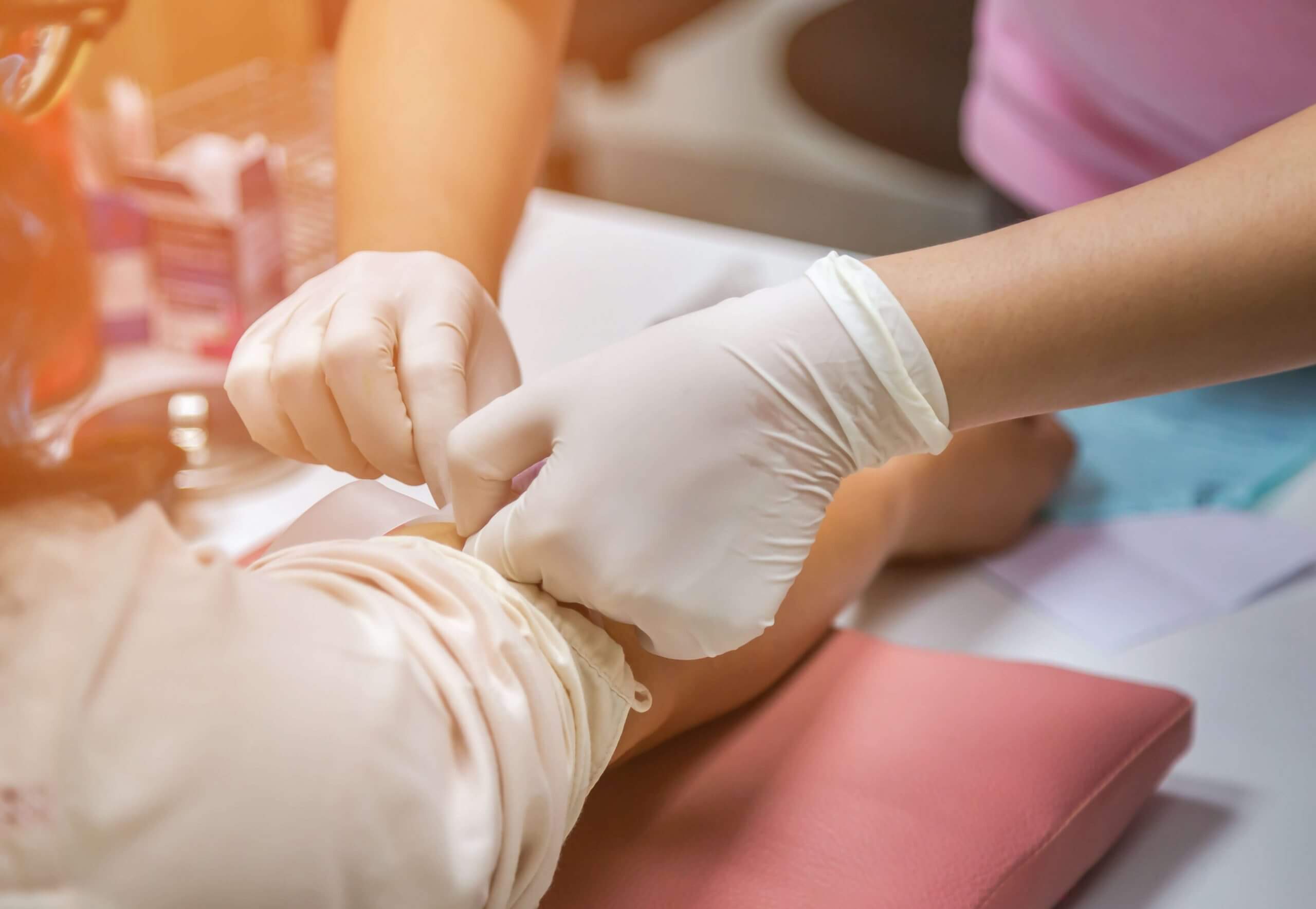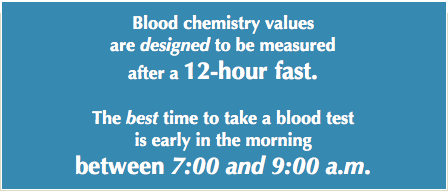Useful Tips for Having Blood Drawn
Getting your blood drawn can be stressful. Here's how to do it right, so you only have to do it once.
| | Reading Time: 3 minutes

Key Information for Having Blood Drawn:

What is so important about Blood Testing?
Our blood knows us better than any other tissue. Whether you’re concerned about the food you eat, your daily habits, your hormones, your heredity, or your disease risks, blood tests offer vital insight into how well your body works. Properly preparing to have your blood drawn can seriously impact your test results. Learn more about ordering your own blood drawn tests, from your own home, without having to deal with extra doctors visits.
Common Avoidable Mistakes
I’ve seen a lot of patients squeamish and anxious about having their blood drawn. It’s definitely not an easy experience for everyone, and that’s okay. But it can be even worse if avoidable difficulties arise, and then you have to come back another day to try it again.
Yet, with a little preparation, you can help make the process go a little smoother.
Most importantly, if you are dehydrated it’s difficult for the lab technician or nurse to draw the blood because it gets concentrated and becomes too thick. Don’t start thinking about hydration on your way to the lab. Making sure you are drinking enough water is always ideal, but pay special attention to hydration the day of and the day before you get blood drawn.
“Making sure you are drinking enough water is always ideal, but pay special attention to hydration the day of and the day before you get blood drawn.”
Getting blood drawn can make you feel a bit woosy, especially if you have hypoglycemia, or low blood sugar, and are very hungry when you wake up. It can be difficult to wait to eat until after your test. Try to eat a good meal the evening before so that its easier to wait all the way through your 12-hour fast prior to the test. Don’t sneak any food during this time or your results may be compromised. Bring some food with you to the lab so that you can eat immediately after the test is done, and have someone drive you if you are concerned about feeling too weak to travel on your own.
6 Important tips when having a blood drawn
- Don’t eat or drink anything, except water, after dinner and skip breakfast until you have your blood drawn.
- Drink a glass or two of pure water in the evening, and about an hour before your blood is drawn.
- Plan to go to the lab early, preferably as soon as they open in the morning and no later than 9:00. The best time is close to 7:00 a.m.
- Bring a sandwich, yogurt, or orange juice with you so you can consume something immediately after your blood is drawn to raise your blood sugar.*
- Drink one or two glasses of pure water after you’ve had your blood drawn to replace fluids.
- After you’re finished, eat a hearty breakfast and full lunch to restore energy. Don’t forget to take your supplements.
*For those with hypoglycemia, this is particularly important.
Don’t Forget to Breathe
If you hate the sight of blood or needles – you are not alone.
Practice slow deep breathing before you even go to the lab. Start your relaxing breathing when the technician is preparing you. Don’t feel bad about looking away. Find something in the room to focus on, and breathe.
Try to take your mind off of the procedure through visualizing calming images, or starting distracting small talk with the technician or nurse.
For extensive testing, you may have many tubes of blood taken. It may be daunting, but don’t worry, your body will quickly make fresh new blood cells. So even if you do have a hard time with the process, you will feel back to normal soon.
Correctly Interpret Your Results
Whether your doctor ordered blood tests for you, or you took matters into your own hands, correctly interpreting your results is crucial.
Eliminate the guesswork, and get real answers about your blood test results with comprehensive, accurate information – relying on a traditional doctor’s narrow view of disease, or unqualified bloggers will not give you clarity.
If you follow these tips and properly prepare for blood testing, your results will be more accurate and the visit will likely be smoother.
Good luck!


